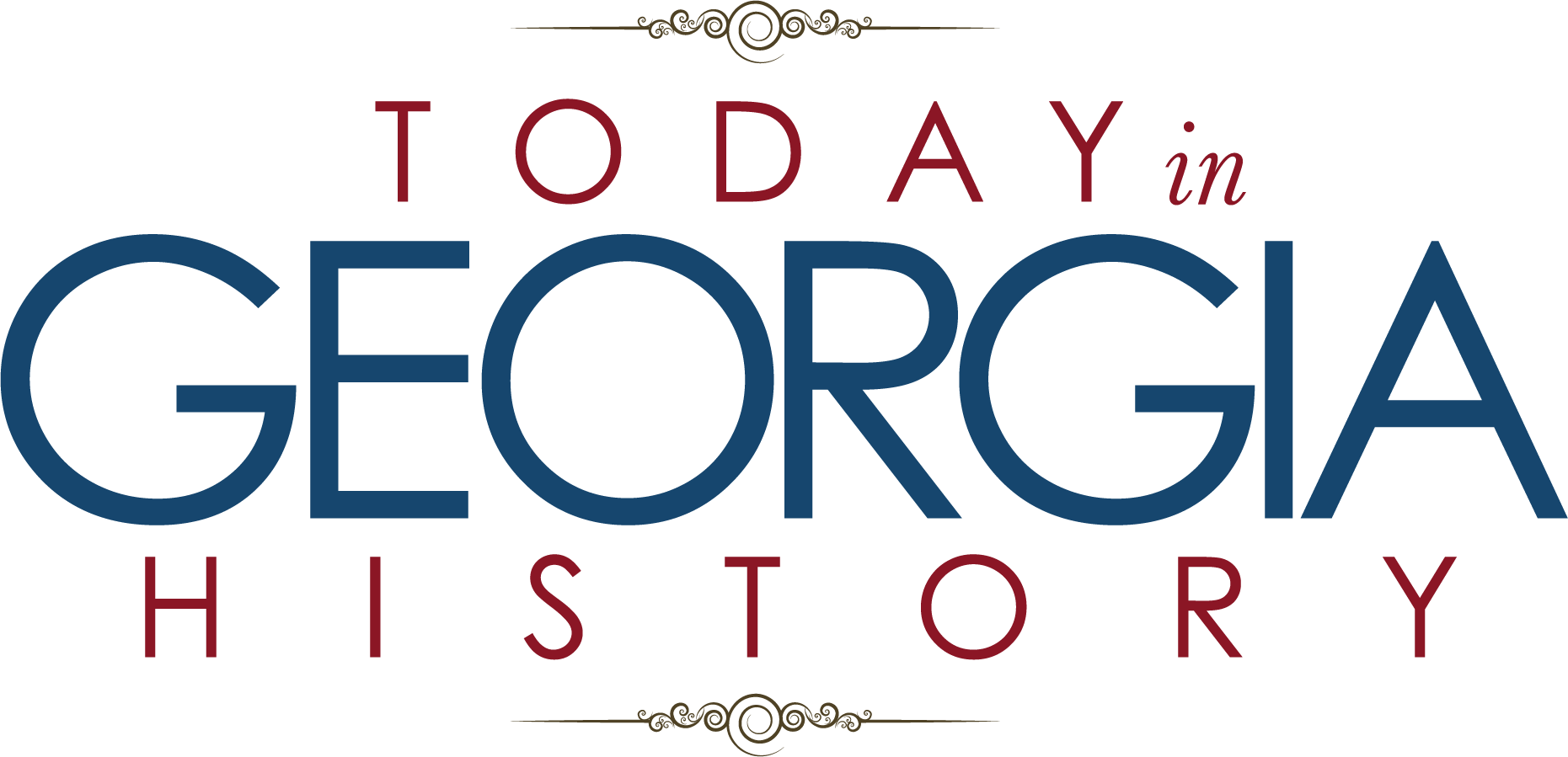Daily Activities – Lucius D. Clay
The daily activities created for each of the Today in Georgia History segments are designed to meet the Georgia Performance Standards for Reading Across the Curriculum, and Grade Eight: Georgia Studies. For each date, educators can choose from three optional activities differentiated for various levels of student ability. Each activity focuses on engaging the student in context specific vocabulary and improving the student’s ability to communicate about historical topics.
One suggestion is to use the Today in Georgia History video segments and daily activities as a “bell ringer” at the beginning of each class period. Using the same activity daily provides consistency and structure for the students and may help teachers utilize the first 15-20 minutes of class more effectively.
Optional Activities:
Level 1: Provide the students with the vocabulary list and have them use their textbook, a dictionary, or other teacher provided materials to define each term. After watching the video have the students write a complete sentence for each of the vocabulary terms. Student created sentences should reflect the meaning of the word based on the context of the video segment. Have students share a sampling of sentences as a way to check for understanding.
Level 2: Provide the students with the vocabulary list for that day’s segment before watching the video and have them guess the meaning of each word based on their previous knowledge. The teacher may choose to let the students work alone or in groups. After watching the video, have the students revise their definitions to better reflect the meaning of the words based on the context of the video. As a final step, have the students compare and contrast their definitions to their textbook, dictionary or other teacher provided materials definitions.
Level 3: Provide the students with the vocabulary list and have them use their textbook, a dictionary, or other teacher provided materials to define each term. After watching the video, have the students write a five sentence paragraph based on the provided writing prompts.
Vocabulary/Writing Prompts:
Vocabulary Terms
Architect
Logistical
Feats
Humane
Procurement
Sector
Soviets
Blockade
Berlin Airlift
Interstate Highway System
Memorial
Writing Prompts
1. In a five-sentence paragraph, explain why the video segment uses the terms logistical
and humane to describe the Berlin Airlift.
2. Why did the people of Berlin write a memorial for Lucius Clay’s grave? In a five-sentence
paragraph explain the significance of the Berlin Airlift to the people of Berlin.
3. Can you imagine the United States before it was joined by an interstate highway
system? In a five-sentence paragraph explain at least two reasons why the United States
needed and Interstate Highway System.
Related Georgia Performance Standards:
Reading Across the Curriculum (Grades 6-12)
SSRC1 Students will enhance reading in all curriculum areas by:
c. Building vocabulary knowledge
• Demonstrate an understanding of contextual vocabulary in various subjects.
• Use content vocabulary in writing and speaking.
• Explore understanding of new words found in subject area texts.
d. Establishing context
• Explore life experiences related to subject area content.
• Discuss in both writing and speaking how certain words are subject area
related.
• Determine strategies for finding content and contextual meaning for unknown
words.
Common Core, College and Career Readiness Anchor Standards for Writing
Text Types and Purposes
1. Write arguments to support claims in an analysis of substantive topics or texts, using
valid reasoning and relevant and sufficient evidence.
2. Write informative/explanatory texts to examine and convey complex ideas and
information clearly and accurately through the effective selection, organization, and
analysis of content.
3. Write narratives to develop real or imagined experiences or events using effective
technique, well-chosen details, and well-structured event sequences.
National Curriculum Standards for Social Studies
Theme 2: Time Continuity and Change; Theme 9: Global Connections
Grade Five United States History Since 1860
SS5H7 The student will discuss the origins and consequences of the Cold War.
a. Explain the origin and meaning of the term “Iron Curtain.”
b. Explain how the United States sought to stop the spread of communism through the
Berlin airlift, the Korean War, and the North Atlantic Treaty Organization.
c. Identify Joseph McCarthy and Nikita Khrushchev.
United States History, 9-12
SSUSH19 The student will identify the origins, major developments, and the domestic impact
of World War II, especially the growth of the federal government.
a. Explain A. Philip Randolph’s proposed march on Washington, D.C., and President
Franklin D. Roosevelt’s response.
b. Explain the Japanese attack on Pearl Harbor and the internment of Japanese-
Americans, German-Americans, and Italian-Americans.
c. Explain major events; include the lend-lease program, the Battle of Midway, D-Day,
and the fall of Berlin.
d. Describe war mobilization, as indicated by rationing, war-time conversion, and the
role of women in war industries.
e. Describe the Manhattan Project at Los Alamos and the scientific, economic, and
military implications of developing the atomic bomb.
f. Compare the geographic locations of the European Theater and the Pacific Theater
and the difficulties the U.S. faced in delivering weapons, food, and medical supplies to
troops. SSUSH21 The student will explain the impact of technological development and economic
growth on the United States, 1945-1975.
a. Describe the baby boom and its impact as shown by Levittown and the Interstate
Highway Act.
b. Describe the impact television has had on American culture; include the presidential
debates (Kennedy/Nixon, 1960) and news coverage of the Civil Rights Movement.
c. Analyze the impact of technology on American life; include the development of the
personal computer and the expanded use of air conditioning.
d. Describe the impact of competition with the USSR as evidenced by the launch of
Sputnik I and President Eisenhower’s actions.



